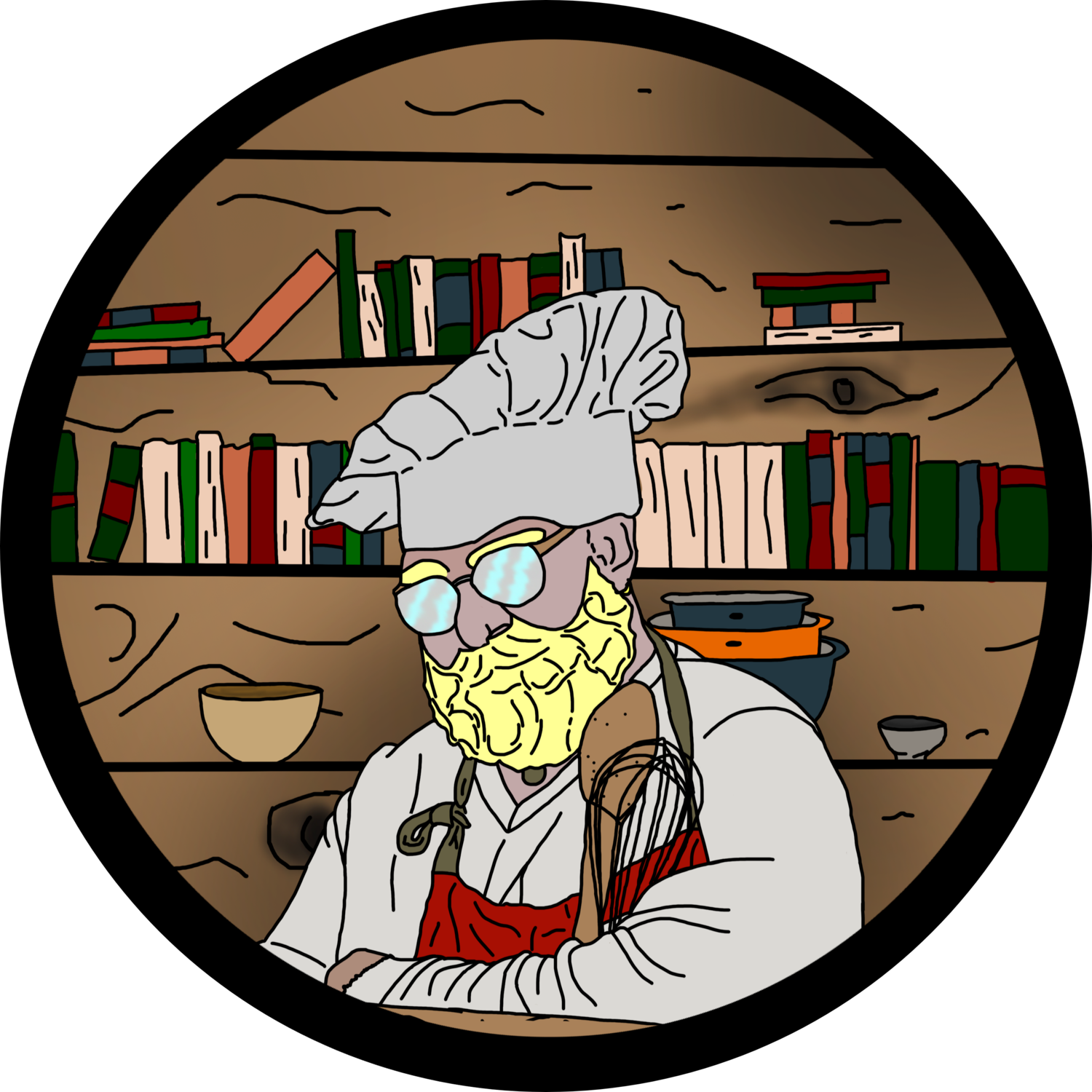Professor Butter Beard and Oscar Wilde
“Yes, I am a dreamer. For a dreamer is one who can only find his way by moonlight, and his punishment is that he sees the dawn before the rest of the world.” – Oscar Wilde, 1885.
Oscar Wilde’s life was anything but “black and white.” But many 19th century citizens would wholeheartedly disagree.
Last month, I had the absolute honor and pleasure (and gift) of directing the Stone Church Player’s production of “A Man of No Importance.” For this edition of Professor Butter Beard, I have chosen to share my “Director’s Note” for your reading pleasure:
Dublin in the 1960’s (the time of our little play) was an exciting whirlwind of cultural revival and change – an “Irish Renaissance,” so to speak. The decade introduced a new wave of thinking and awareness to the city spurned on by a surprising economic boom, the end of governmental censorship, more focus on women’s rights, and the emergence of Civil and Student Rights movements. Radio Teilifis Eireann (RTE) went live and immediately filled the street and pubs with “scandalous rock and roll.”
“Christ on a bike,” you might say.
But not everyone was enjoying the soulful revitalization.
A wee bit of history from the professor: One winter evening in 1892, after discussing depictions of Salomé throughout history, Oscar Wilde returned to his hotel and noticed a blank copybook lying on the desk, and it occurred to him to write in it what he had been saying. The result was a new play, “Salomé,” written rapidly and in French. Rehearsals of the play, starring Sarah Bernhardt, began but the play was refused a license by the British Lord Chamberlain since it depicted biblical characters. Salomé was published jointly in Paris and London in 1893 in the original French, and in London a year later in Lord Alfred Douglas's English translation with illustrations by Aubrey Beardsley, though it was not performed until 1896 in Paris.
Unfortunately, Oscar Wilde was unable to attend. Having been convicted for “sodomy and gross indecency” in one of Ireland’s first “celebrity trials,” Wilde was incarcerated from May 1895 to May 1897, serving two years of “hard labor” (joining fellow prisoners walking a huge treadmill providing Dublin with fresh water). In November of 1895, he collapsed within the prison chapel from illness and hunger. His right ear drum was ruptured in the fall, an injury that later contributed to his death just three years later.
Same-sex sexual activity was finally decriminalized by the Irish government in 1993. And, in 2017, Wilde was among an estimated 50,000 men who were pardoned for homosexual acts that were no longer considered criminal offences. Even more striking is that in 2015, Ireland became the first country in the world to legitimize gay marriage.
It is our honor, privilege, and, I believe, our duty, to share this production with you during these most challenging times. May you carry it forward in your soul and find comfort in the acknowledgment that “you just have to love who you love.”
Upon reflection post-show, my soul invented these “Black and White Scones.” An immediately recognizable pastry, but the first bite reveals a much deeper soul enhanced with warming cinnamon, surprising chili powder and the magic of vanilla paste - “dangerous and beautiful and free of verse.”
“For a life is clearly something that I can’t rehearse
It’s dangerous and beautiful and free as verse
And rather than avoid it,
High time I stood in its way.
Welcome to the world!
I am in the world!
That should be enough.
And that’s all I have to say.”
- “Welcome to the World,” Man of No Importance, Lyrics by Lynn Ahrens
Professor Butter Beard’s Black and White Scones
32 Small Scones
Dry:
3 ¾ cups all-purpose flour
¾ cup dark cocoa
½ cup granulated sugar
2 Tbsp baking powder
1 ½ tsp Kosher salt
1 tsp ground cinnamon
½ tsp chili powder
12 Tbsp unsalted butter, well chilled
Wet:
2 cups heavy cream
¼ cup whole milk
1 Tbsp vanilla paste
Additions:
10 ounces (one bag) dark chocolate chips
Glaze:
2 cups confectioner’s sugar
¼ cup whole milk
1 tsp vanilla paste
1) Preheat your oven to 400 degrees and line two baking sheets with parchment paper.
2) In a large bowl, whisk together all the dry ingredients, removing as many clumps of cocoa as possible.
3) Using a box grater, grate the butter over the dry ingredients. Use a pastry cutter to evenly mix into the dry ingredients. (You could use your fingers, but the pastry cutter will keep the butter cold).
4) Make a well in the center and add the heavy cream, whole milk and vanilla paste. Fold together using a plastic bench scraper until the dough forms and no dry streaks remain. Fold in the chocolate chips and evenly blend.
5) On a lightly floured surface, roll/press the dough into a 10” square. Using a very sharp knife, cut the dough into 16 equal squares. Then cut each square on the diagonal forming 32 scones.
6) Place 16 on each prepared baking sheet. Bake one pan at a time on the center rack. Place the pan in the over and immediately lower the temperature to 375 degrees. Bake for 8 minutes, rotate the pan and bake for 4 more minutes (total of 12 minutes). Bring the oven back to 400 degrees before baking the second pan.
7) Let the scones cool for 10 minutes on the pan before removing them to a wire rack to cool completely. Whisk together the white glaze and drizzle over the cooled scones.
